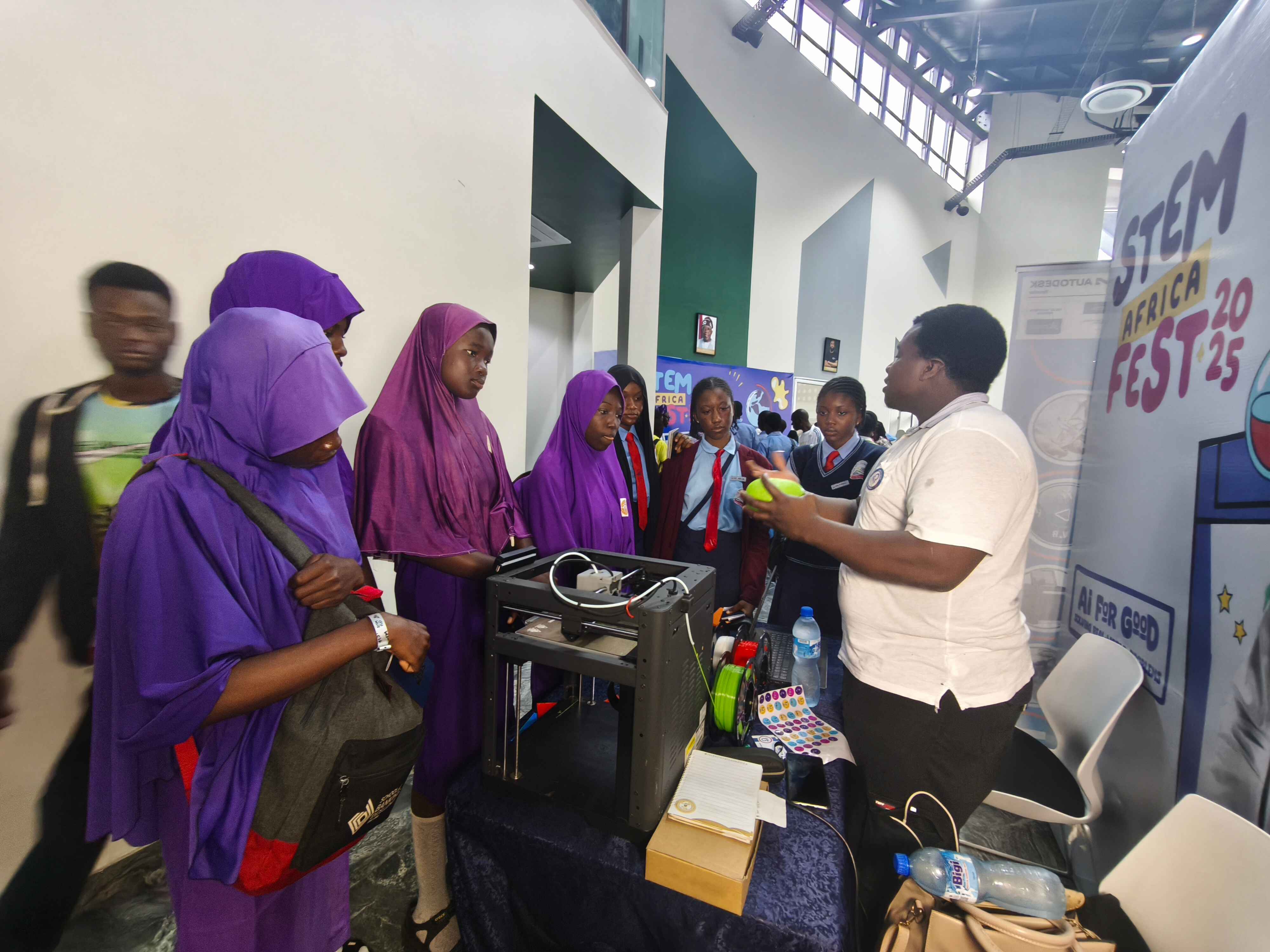Scene: A modern Nairobi classroom. A teacher, a student, and a visiting consultant from Generative CAD are having a conversation.
Student (Amina): Teacher, why are we talking so much about 3D printing? Isn’t it only for big companies?
Teacher (Mr. Otieno): That’s a good question, Amina. It used to be. But today, even schools and start-ups can use it.
Consultant (David from Generative CAD): Exactly. With scalable 3D Printing in Nairobi Kenya, solutions are now affordable, practical, and future-ready for everyone.
Amina: Future-ready? How does that work for schools like ours?
David: Schools are leading the revolution. Across Africa, 3D printing in education is reshaping how students learn science, engineering, and even architecture.
Mr. Otieno: Research shows adoption is rising. A UNESCO report in 2024 said African schools using 3D printers grew by 40% in two years.
Amina: Wow. But is it just about fun projects, or can it prepare us for real jobs?
David: Both. Students design prototypes, engineers test models, and businesses save costs. That’s why Generative CAD supports schools with 3D printers for students and teachers.
Education Meets Innovation
Mr. Otieno: Let’s talk practical. How do schools actually use these printers?
David: In education, students print architectural models, engineering parts, and electronics casings. Some even explore energy solutions using 3D printing in energy.
Amina: That sounds advanced. Are there courses for this?
David: Yes. Generative CAD connects learners to Top-Rated CAD Courses in Lagos, Nigeria, and certified digital manufacturing courses across Africa, including Nairobi and Accra Ghana.
Mr. Otieno: So this isn’t only about printing objects. It’s about teaching design thinking and digital skills.
Adoption Statistics
Amina: Are we the only ones in Nairobi doing this?
David: Not at all. 3D printing adoption in schools is growing across Kenya. Studies show over 60% of urban schools plan to integrate printers by 2026.
Mr. Otieno: And universities are already embedding 3D printing in engineering, manufacturing, and product design consultant programs.
David: Exactly. By 2030, it’s predicted that 3D printing industrial production in Nigeria, Kenya, and Ghana will triple.
Start-ups and Businesses
Amina: What about businesses? Is it only schools that benefit?
David: Start-ups love it. With scalable solutions, small businesses can prototype faster, cheaper, and better.
Mr. Otieno: For example, product development consulting companies rely on 3D printing for affordable prototypes.
David: And industries like electronics, manufacturing, and architecture depend on trusted, high-performance machines. That’s where Generative CAD comes in.
Why Generative CAD?
Amina: Everyone keeps mentioning Generative CAD. Why are they different?
David: Because Generative CAD is the best for 3D Printing in Nairobi Kenya. We offer end-to-end services: printers, training, supplies, and product development consultation.
Mr. Otieno: So you’re not just selling machines—you’re building ecosystems.
David: Exactly. From CAD courses Lagos Nigeria to 3D Printing Services & Supplies in Ghana & Nigeria, we deliver professional, certified, scalable solutions.
Common Questions
Amina: Where do schools buy 3D printers?
David: Generative CAD provides the best 3D printers for schools. We ensure warranty, training, and local support in Nairobi.
Mr. Otieno: And for students?
David: Yes, we supply 3D printers for educational use, with custom packages for students and teachers.
Amina: Do businesses get support too?
David: Definitely. From product development consulting to 3D printing in manufacturing, we provide turnkey, industry-leading services.
The Bigger Picture
Mr. Otieno: This is more than technology. It’s about transforming Africa’s industries.
David: Exactly. 3D Printing in Nigeria & Ghana, Lagos, Abuja, and Nairobi is building the foundation for digital manufacturing at scale.
Amina: So if I learn CAD today, I can work in architecture or energy tomorrow?
David: Yes. That’s the power of 3D printing and education combined. It prepares you for the industries of the future.
Future Outlook
Mr. Otieno: Let’s imagine the future. What’s coming next?
David: Next-gen printers will allow affordable housing prototypes, medical devices, and energy-efficient tools. Schools and businesses will drive that growth.
Amina: And Nairobi will be part of it?
David: Absolutely. Certified 3D Printing in Nairobi Kenya is becoming a hub for innovation in East Africa.
Final Word
Mr. Otieno: So, Amina, what have you learned today?
Amina: That 3D printing is not just for big companies. It’s for schools, start-ups, and the future of Africa.
David: Well said. And when you think of trusted, scalable solutions, remember Generative CAD.
🚀 Power Your Innovation with Generative CAD – West Africa’s #1 Product Development Partner. From design engineering to 3D printing and CAD software, we help businesses build smarter, faster, and better.
📍 Visit us at: 3, Saliu Close, Off Odebiyi Street, Alhaji Haruna Bus-stop, Ogba, Lagos, Nigeria
📧 Email: info@generativecad.com
| 📞 Call/WhatsApp: +234 703 324 8607
✨ Don’t just keep up—get ahead. Partner with Generative CAD today for future-ready solutions that transform your ideas into market-leading products.


